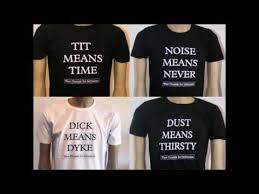The Story of Speech Synthesis: From Talking Tubes to Neural Networks, Part 1/3
What would we do without the helpful voices in our GPS systems guiding us to our destinations? How would we look up esoteric facts without the silky voices of the virtual assistants on our phones? And how would we remember our belongings as we leave the train without a considerate voice reminding us to do so? Artificial voices suffuse our day-to-day worlds and fulfill practical functions, but where do these voices come from, and how do you ‘synthesise’ speech?
The first stones of the story of speech synthesis were laid over 200 years ago where mechanical devices produced speech sounds by emulating the complex structure of the human articulatory system. Technological innovations in the early 20th century then allowed for … ↪


